I’m convinced my son has some mild anxiety. Since he was a baby, as soon as he started to cry, if he didn’t see me within 1-2 minutes, he would get hysterical and actually throw up. He had terrible stranger danger, and didn’t like anyone else holding him, not even his extended family. Now he is 6 and has outgrown a lot of the normal anxiety signs in children but according to his tongue diagnosis, he still shows signs of anxiety. (An anxious tongue in TCM has a red tip and may have a crease on the tip, almost looking like a heart.)
Although he doesn’t show signs of negative behavior, I’m still concerned that anxiety may be affecting him. Statistics show that anxiety disorders affect one in eight children and further research shows that untreated children with anxiety disorders are at a higher risk to perform poorly in school, miss out on important social experiences, and engage in substance abuse. I know that these risks can be real. After being burned in a pressure cooker accident, having my face and 11% of my body deeply burned and needing skin grafts, I experienced post traumatic stress disorder and eventually developed anxiety with panic attacks. When my anxiety was at it’s worse, I didn’t want to see anyone, I had poor focus, and I was fighting depression.
Anxiety disorders develop from a complex set of risk factors, including genetics, brain chemistry, personality, and life events. The Anxiety and Depression Association of America has a wealth of information about the symptoms of different kinds of anxiety disorders in children and adults. While antidepressants are usually the first go to for many people, according to the NIH, there has been some concern that the use of antidepressant medications themselves may induce suicidal behavior in youths. In October 2004, the U.S. Food and Drug Administration (FDA) issued a public warning about an increased risk of suicidal thoughts or behavior in children and adolescents treated with SSRI antidepressant medications. In 2006, an advisory committee to the FDA recommended that the agency extend the warning to include young adults up to age 25. I also know these risks can be real. After my burn, my primary care physician diagnosed me with anxiety and mild depression and prescribed me an anti-depressant which did just what the warnings said. I woke up one sunny morning in New York City, a few months after 9/11, and wanted to jump out the window. I immediately threw away the antidepressant medications and became committed to finding a better way to treat my symptoms.
Eventually, I found that acupuncture, meditation, deep breathing, Chinese herbal medicine, diet, and yoga all helped me through my crisis. Today, I still use all of these tools to manage my stress and anxiety. While I do yoga in the morning, my daughter often watches me. I think to myself how much happier I am that she is watching me take deep yoga breathes rather than popping a pill from an orange bottle with a safety cap. I want to be able to show my children that I also have ups and downs, sad moments, mad moments, and of course happy moments! If I was still on an anti-depressant, I would have a limited range of emotions and a limited response to those emotions. I am teaching my children that is ok to FEEL, that it’s ok to be emotional, and I’m teaching them how to cope with those emotions. I try to find positive feedback, even when they are acting negative. Fueling them with positivity seems to reload their positivity. My friend, who is a yoga instructor, was always saying to her young boys, take a deep breathe. It sounds so simple, yet it is something we often forget to do.
As a Diplomat of Oriental Medicine, I try to explain to my patients that anxiety is not all in the mind, it can also be a result of deficiencies in the body. According to TCM theory, the heart is the master of blood and the commander of blood vessels. When the blood is weak, the heart can be weakened as well. Blood and the heart can be weakened by hereditary genes, lack of sleep, a nutrient deficient diet, and/or traumatic events. Maintaining a healthy heart may seem cumbersome, meditating all the time, eating right all the time, but once you’ve been prone to anxiety, it’s important to continually strengthen the heart. There are several approaches to treating anxiety holistically. Food is fun and something easily accessible. I recommend eating foods that are rich in the color red. Here are my top 5 foods to help boost the blood and help ease anxiety:
- Beets
- Cherries
– Kidney beans
– Goji Berries
– Liver (or red meat)
Besides foods, you can also help yourself and your heart with these lifestyle tips:
- Go to bed early – sleep helps restore your blood! The hours before midnight are especially restorative so try to get to bed before 8pm for kids and before 10pm for adults
- Instead of drinking coffee, try a coffee alternative like decaf green tea or herbal tea. Caffeine is an adrenal stimulant and can cause problems with anxiety and palpitations
– Drink pomegranate juice
– Practice yoga
– Meditate for 10 minutes before bed and if you can, first thing in the morning
– Treat yourself to some kind of physical healing like acupuncture or massage on a regular basi
– Use herbs, like Gan Mai Da Zao Tang (or ask your local Acupuncturist/Herbalist)
– Eat on a regular schedule (very important for kids)
– Try not to overthink things! Obsessive thinking and constant worry wear down the heart and use up your precious blood to fuel the mind to think and worry constantly.
For children, you can incorporate the above mentioned foods, as well as find a practitioner that can help ease your child’s anxiety with different modalities like acupuncture, acupressure, and herbs. I have learned that some “negative” behavior can be a result of anxiety so instead of being judgmental of the behavior, I try to feel and behave more compassionately. Children cannot express they are anxious like adults can, so we have to read between the lines. Giving proper attention and love to a child or adult can help ease anxiety, so that in itself is a form of therapy. There’s a great article from the Huffington Post titled “9 Things Every Parent with an Anxious Child Should Try” which has really great tips for coping with children’s anxiety.
Anxiety may not be something you can totally avoid if it’s in your constitution or if you’ve suffered from traumatic events, but there are ways to avoid anxiety from affecting your happiness. Give your heart the proper love and attention it deserves and it will repay you with a long, happy life!
#anxiety #anxietyacupuncture

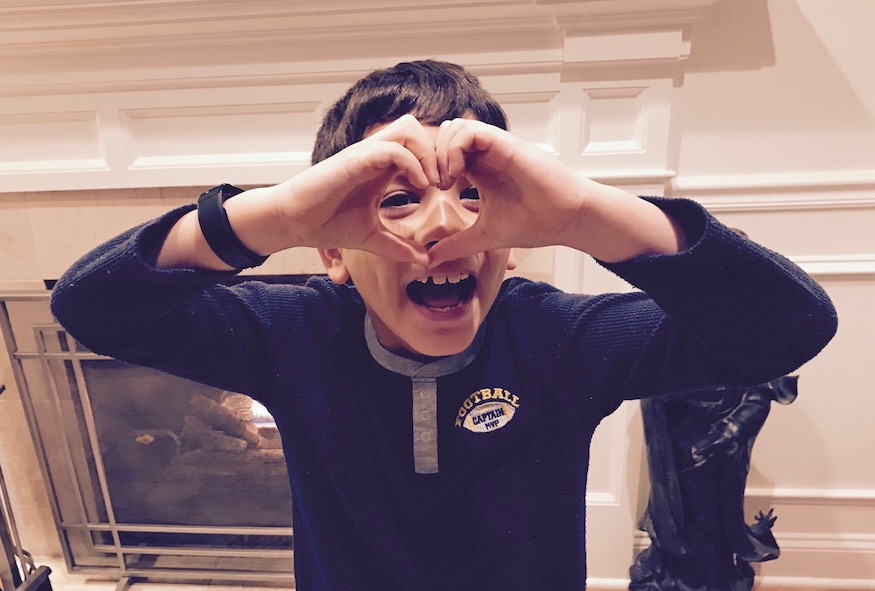
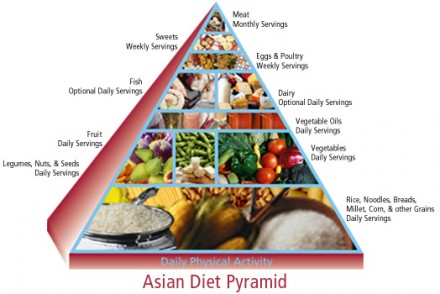
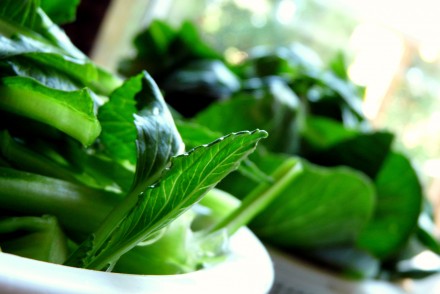
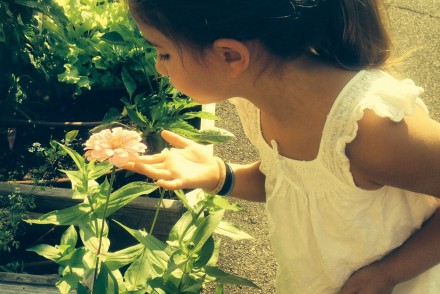
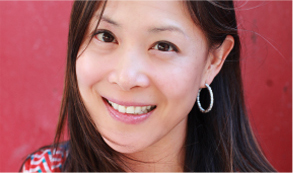

No Comments